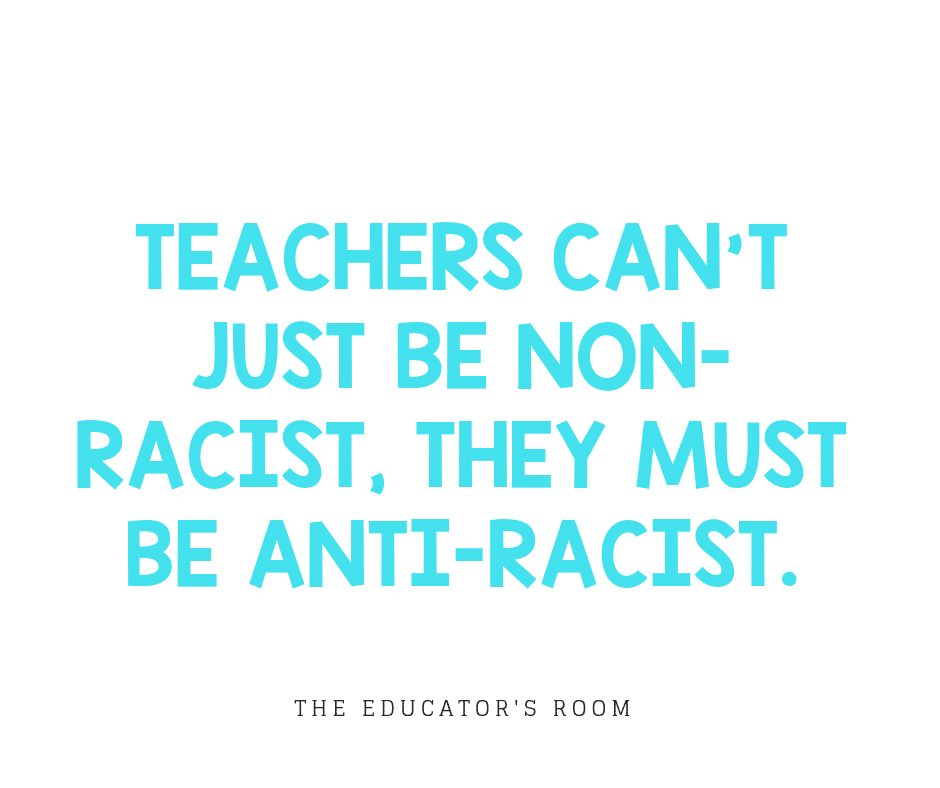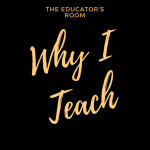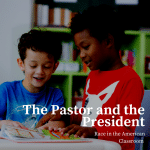“Never shall I forget that night, the first night in camp, which has turned my life into one long night, seven times cursed and seven times sealed. Never shall I forget that smoke. Never shall I forget the little faces of the children, whose bodies I saw turned into wreaths of smoke beneath a silent blue sky.” – Night by Elie Wiesel
Every year that I was in the classroom, I made it a point to teach two classics that I think every high school student should read- Night by Elie Wiesel and Left to Tell by Immaculee Ilbizaga. It didn’t matter the grade level (it was all high school) both of those books were a staple of my curriculum in my attempt to expose students to events that would allow them to empathize with other humans. Fast forward to 2018 and we should be citizens in a society where racism, misogyny, homophobia, and the likes should be rebuked, but unfortunately, we’re not. Instead, almost daily we hear daily of incidents calling their classmates racial slurs or worse throwing Nazi signals at a sacred event like Prom.
[bctt tweet=”That’s why it’s critical for teachers to not only be non-racist but to be anti-racist.” username=””]
According to the FBI, hate crimes in the U.S. increased by 17 percent last year, a surge driven by racial and anti-Semitic attacks and linked by some experts to the wider public emergence of white supremacists and other hate groups. In the last two years, we’ve seen an increase in not only national hate crimes but an increase in schools. Using the report Documenting Hate by Education Week and partner with the nonprofit news organization ProPublica, they analyzed three years of media reports and self-reported incidents of hate and bias in K-12 school settings. In a review of 472 verified accounts, we found that most incidents that took place in schools between January 2015 and December 2017 targeted black and Latino students, as well as those who are Jewish or Muslim.
With this bleak news, the next natural question should be what can teachers do?
While the answer is complicated the simplicity in the short answer is startling (for some). In 2018, teachers can’t just be non-racist, they must be anti-racist. According to Psychology Today, the importance of opposing prejudice (non-racist) is simply not enough and instead of being an anti-racist facilitates action where we actively oppose and fight against racism.
Teachers have an important job in teaching their curriculum and attuning to their student’s social-emotional learning and part of that is making sure we stand up to racism-each and every time we’re confronted with the ugliness of discrimination.
So how can teachers actively be anti-racist? Here are some quick tips to help you.
- See something, say something. So many times I go into teacher groups and the things people say! Whenever you see something that’s either blatant or inferred racism, call them out. Sometimes all it takes is to be educated for people to change. Other times, it doesn’t matter what you say the person will remain the same- either is fine. The point is that you spoke out.
- Challenge curriculum that has blatant “whitewashing” of historical events, moments, and people. This is particularly important because we know of several examples of textbooks misrepresenting key events in American history. Instead of teaching and being compliant, teach students the truth and bring in secondary and primary sources that teach what really happened.
- Be an ally and educate yourself on systemic racism. Talk to people who are different than you and find out ways you can be an ally. Systemic racism is what this country was founded on and it’s important that all teachers understand how they can create equitable classrooms. It could be you bringing in more diverse texts or engaging students in events from around the world that allow you to stretch what your students think they know.
In Eli Wiesel’s Nobel Peace Prize Speech he famously said, “And that is why I swore never to be silent whenever and wherever human beings endure suffering and humiliation. We must always take sides. Neutrality helps the oppressor, never the victim. Silence encourages the tormentor, never the tormented.” In 2018, let’s take sides and think about ways how you can move into understanding how hate, intolerance, and bias affect school climate and impacting students and their educators.
If you enjoyed this piece, click here to be a Patreon supporter.







I agree with you 100%. However, I was nearly suspended last year for speaking of white privilege in my classroom. An administrator told me that my comment was divisive and made my students feel unsafe. A parent called me a fascist. And this was one comment in one class period. A lot of us need our jobs to eat.
I’ve found it helps to get a firm sense of where the admin is at in organizations I teach for, and if they’ll back me up. If I think they won’t, I teach the same, just without using the buzz words. I focus on the material I’m providing. Students need the questions more than the answers and they can certainly draw their own conclusions. To me, being anti-racist isn’t the words we are using so much as what histories we are teaching; do we spotlight, marginalize, or otherwise harm our POC students (and yes, us well-meaning white teachers can still do that after the racial equity training); are we interrupting racist or subtly racist dynamics in the classroom and standing against the school to prison pipeline. There are plenty of ways to be anti-racist without waving a banner. And! it’s so worth risking our necks too for the humanity of others, especially our students, if and when that’s the best method to do so.
I think I must comment. You need to reference Ibraim X. Kendi’s, How to Be an Antiracist in this article. This piece, along with “Stamped” are the most relevant in our time.
Yes, excellent.
I agree — Dr. Ibram X. Kendi’s book “How to Be an Anti-Racist” makes exactly this point, and even says there is no such thing as a “non-racist” because if you are silent, then you are allowing the status quo (which supports racist policies) to persist. I like someone’s advice that if you don’t have the support behind you, just don’t use certain buzzwords. I would also propose that to avoid right-wingers saying we are being political that we can frame it in terms of human rights, or universal human rights (Google United Nations, Univ. Declaration of Human Rights) and if it’s that bad, replace “civil rights” with “Constitutional Rights” (many “civil rights” come from the 14th amendment of the Constitution). Thanks for publishing this piece. Our voice and leadership and direction in the classroom tells our students how much we do or don’t care about their lives and rights.
“Talk to people who are different than you and find out ways you can be an ally.” Rather, do research on how to be an ally. We should not burden the people we want to help with the extra task of educating us,
That’s a great point, Greg, to research and get a good understanding. I also think that we can directly ask the people we are wanting to support — we might not be able to gather specific info about their actual needs in a particular context from reading on the perspectives of others who might share their race, culture, etc., but live in a different community, under different conditions. But this is a good point — there are plenty of folks who have taken the time to write out their experiences and perspectives and published it publicly.
Be careful, because some teachers will agree with you and run to admin to throw you under the bus. Find allies, who you know you can trust and do not make open comments in the teacher’s lounge. There are parents who will be tolerate of racist teachers. If enough teachers support you, that teacher will not have a new contract. My disappointment comes from the parents/guardian and grand parents who have a child with a teacher who needs a classroom visit. It can be done before school starts or after it is over. Go early and watch that teacher’s non-verbal actions with your child.